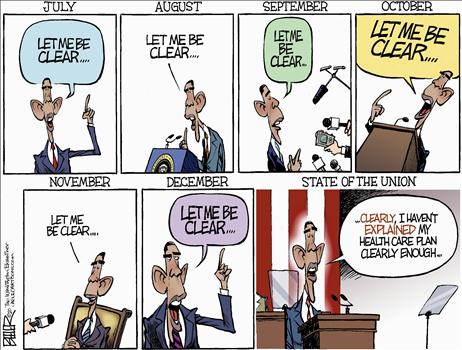Periodically, I revisit the question of whether it is Christian to criticize people. This is especially important for someone like me who has a daily blog and who teaches in the classroom and in other venues. My words are public; they can have more of a widespread impact.
I do take seriously the cautions found in the book of James, where we are told that the tongue is a fire, the very world of iniquity. It also says we should not have both blessings and curses proceeding from our mouths.
When I critique political leaders, and even other Christians with whom I may disagree, the goal is to highlight the problems and point readers back to a more Biblical way of thinking. What I want to avoid is name-calling or gratuitous slights on a person’s character.
Does that mean I cannot call into question someone’s character? If I can’t, I’m unable to follow in the steps of Jesus, who commented rather directly at times on the Pharisees.

For instance, in Matthew’s gospel, chapter 23, Jesus takes the Pharisees to task in no uncertain terms. Here are some choice excerpts:
Everything they do is done for men to see. . . . Woe to you, teachers of the law and Pharisees, you hypocrites! You shut the kingdom of heaven in men’s faces. You yourselves do not enter, nor will you let those enter who are trying to. . . . You travel over land and sea to win a single convert, and when he becomes one, you make him twice as much a son of hell as you are. . . .
You have neglected the more important matters of the law—justice, mercy, and faithfulness. . . . You blind guides! You strain out a gnat but swallow a camel. . . .
You clean the outside of the cup and dish, but inside they are full of greed and self-indulgence. Blind Pharisee! First clean the inside of the cup and dish, and then the outside also will be clean. . . .
You are like whitewashed tombs, which look beautiful on the outside but on the inside are full of dead men’s bones and everything unclean. In the same way, on the outside you appear to people as righteous but on the inside you are full of hypocrisy and wickedness. . . .
You snakes! You brood of vipers! How will you escape being condemned to hell?
Pretty powerful words. And they came from the heart of the most loving man ever to walk the face of the earth. No one else expressed the love of God better [being God Himself], as His death on the cross proved.
A loving Christian does not ignore evil. His task is to expose it and call for a return to God’s righteousness. When I see things that I believe are evil, I have an obligation to identify them for what they really are.
Now, along the way, I like to use humor to help make the points. Sometimes humor—particularly through political cartoons—helps us to see more clearly. There is nothing unchristian about using humor to make a point.
An example:
Point made—and it critiques both policy and character. I don’t believe there’s anything unchristian about focusing on such inconsistencies. People need to be aware of them and respond accordingly as they consider how to vote in the future.
Bottom line: I will continue to speak in a straightforward manner, always on the alert for character and policies that do not uphold a Biblical standard, while simultaneously keeping a watch on my own spirit, making sure my heart is right before God. We’re all on this path together, trying to learn what is pleasing to the Lord.

